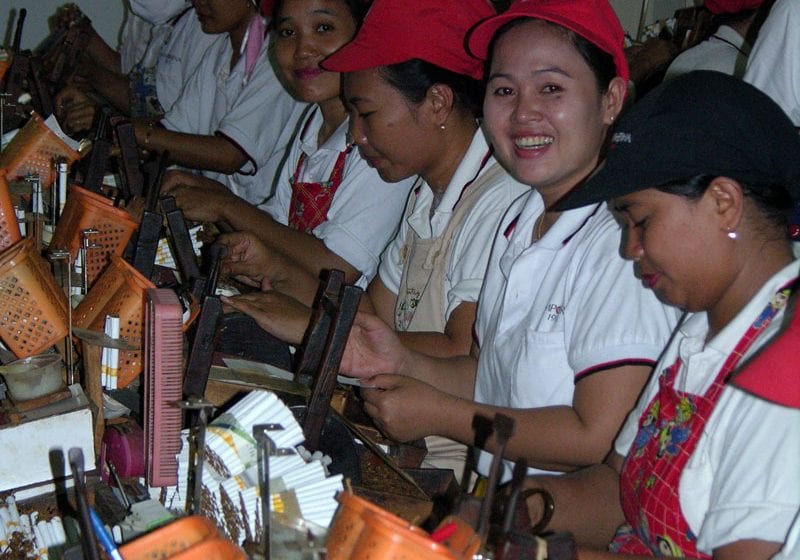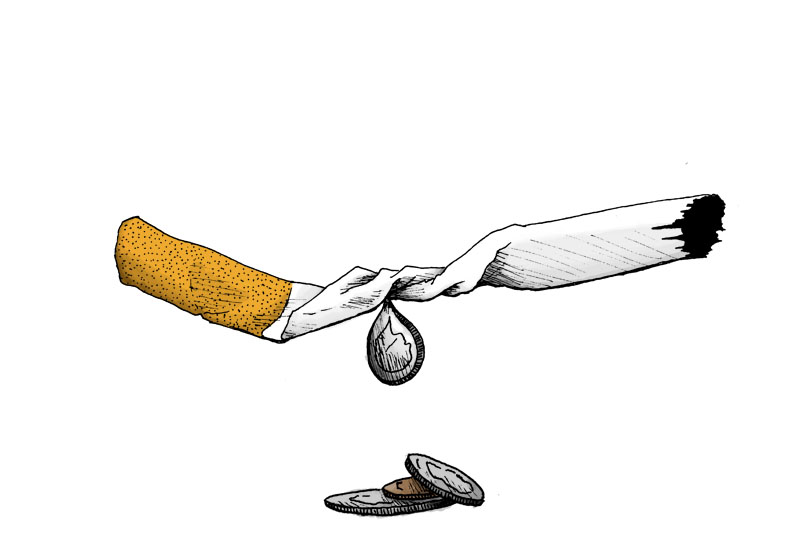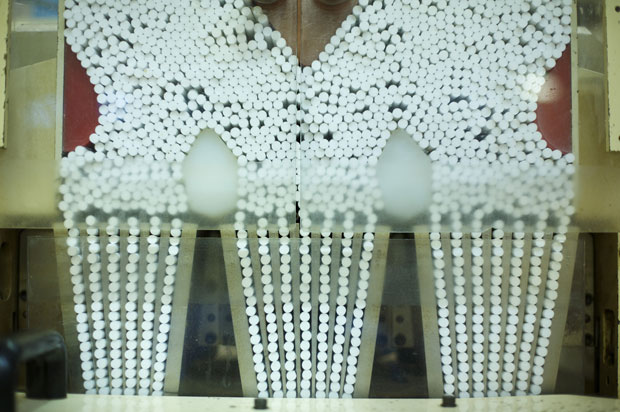
Production of hand-rolled kreteks in Indonesia fell by 30 percent year-on-year in 2016 due to stricter smoking regulations and the nature of these particular products, according to a story in Indonesia Investments.
About 55 million Indonesians consume tobacco products and it is estimated that 85 percent of all smokers in the country prefer kreteks to ‘white cigarettes’.
Djoko Wahyudi, chairman of the cigarette manufacturing association (MPSI), said that the density of the tobacco in hand-rolled kreteks was greater than it was in machine-manufactured kreteks, which meant that it took longer to consume the former than the latter.
Because of this and because increasing numbers of smokers were having to go outside to have a cigarette, people were tending to buy the product that took a shorter time to finish.
The hand-rolled cigarette industry in Indonesia has been under pressure for several years anyway because it cannot compete with machine-rolled cigarettes.
Many jobs have been lost already in this sector and more are likely to follow.
The government has been trying to lend a helping hand by implementing lower excise rates on hand-rolled clove cigarettes than on machine-manufactured cigarettes, but, this month alone, cigarette excise tax is being increased by an average of 10.54 percent while value-added tax on cigarettes has been raised from 8.7 percent to 9.1 percent.
Meanwhile, the government’s tobacco roadmap, which included 5-7 percent year-on-year cigarette-production growth rates between 2015-2020 was annulled by Indonesia’s Supreme Court in December on the grounds that the roadmap was not considered to be compatible with the nation’s health targets.
Tobacco is the largest excise contributor in Indonesia, providing in 2016, for instance, an estimated Rp132 trillion (US$ $9.9 billion).





